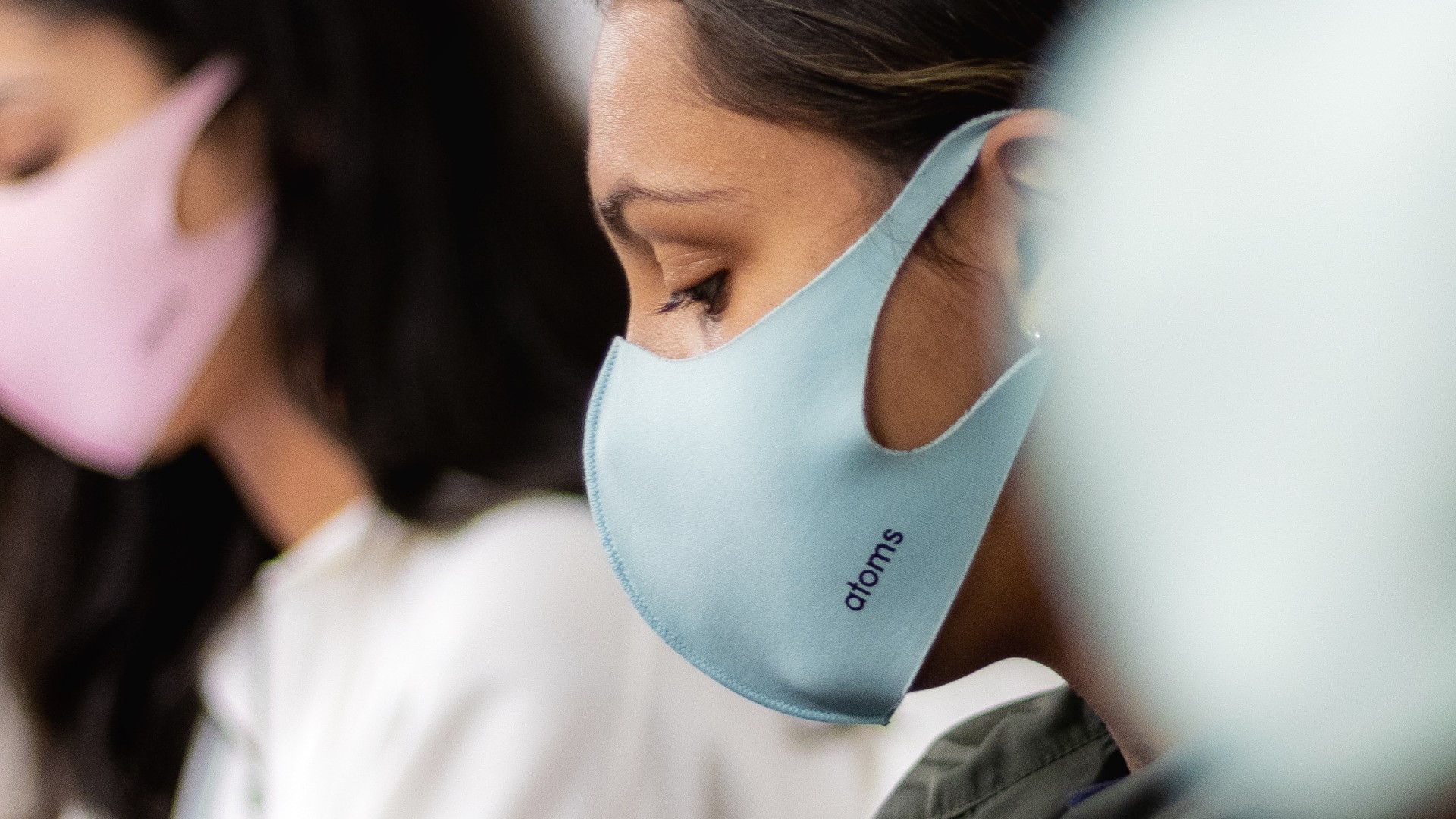TOLEDO, Ohio — COVID-19 is causing an alarming spike in mental health crises. Many are turning to professionals to seek help and some are reaching out for the very first time.
"Before COVID appeared, the statistics said that about 1 in 5 individuals suffered from a mental health challenge. So that's about 20% of our population. So fast forward to 15 months later. Those statistics have now gone up to about 1 in 3," said Robin Isenberg, the Executive Director of NAMI Greater Toledo.
That's 1 in 3 people now experiencing some symptoms of depression or anxiety, according to local mental health experts.
It means places like The Willow Center are seeing more people seeking help.
"We get up to 100 phone calls a day for people seeking mental health therapy. Mostly for anxiety and depression. And we have approximately 35 to 40 counselors, and we are all full. So we can only -- out of 100 people who call per day -- probably get 4 or 5 people into our schedules," explained Erin Wiley, the Executive Director of The Willow Center.
Unison Health in Lucas and Wood counties hired more staff to meet the need.
"We are seeing more and more individuals that are coming for assistance. We're seeing more adults. We're seeing more children," said Jeremy Miller, manager of residential services at Unison Health.
But more people, means more demand and not everyone can get an appointment right away.
"There are resources. They can call 911 and ask for a crisis intervention trained police officer to come out, they can go to a local emergency room and be assessed, they can call the Recovery Health Line, they can call the Lucas County Support Hotline," explained Isenberg.
The National Alliance on Mental Illness of Greater Toledo says its there to support you and connect you to those resources, because it could take up to six months to make an appointment with a doctor.
"Speed can really be a factor in really helping people when they are ready for help. You don't want time to be the barrier that stops them," explained Miller. "So it can really be that the biggest barrier for folks is, 'how long does it take for me to get into services? Because today I may be ready, but tomorrow I may not,'" said Miller.
If these health providers can meet the need today, they want to meet the need right away.
If you are in need, professionals say to seek help right away.
Mental Health Resources
In addition to The Willow Center and Unison Health, there are other ways you can find support for your emotional and mental wellbeing.
The Lucas County emotional support hotline is available at 419-442-0580 from 8 a.m. to midnight and offers peer support.
If you want to talk to someone and are not in immediate danger, Text "4hope" to 741-741 to be connected to the Ohio Mental Health and Addiction Services Crisis Text Line and a trained counselor within 5 minutes. There is no charge and the information will not show up on your phone bill.
NAMI Greater Toledo Family Navigators is available at 419-243-1119 M-F from 8 a.m. - 4:30 p.m. and provides non-emergency support and resources.
If you are a young member of the LGBTQ+ community and need help in any way, call the Trevor Project at 1-866-488-7386. Calls made to the Trevor Project are free and kept confidential.
Emergency Mental Health Support
NAMI Greater Toledo's Recovery Helpline to connect with local, trained crisis counselors for mental health emergencies can be reached at 419-255-3125. Local trained counselors are available to help with mental health emergencies 24/7.
You can also contact national NAMI crisis counselors by texting NAMI to 741-741.
Another local resource is Rescue Mental Health at 419-255-9585 or the Wood County Crisis Line at 419-502-4673.
Anyone experiencing a crisis, even a crisis unrelated to thoughts of suicide, can contact the National Suicide Prevention Lifeline at 800-273-8255. The Lifeline provides 24/7, free and confidential support for people in distress, prevention and crisis resources for you or your loved ones and best practices for professionals.
If a situation involves immediate danger to you or a loved one, NAMI Greater Toledo says calling 911 and talking with police may be necessary. It is important to tell 911 that it is a psychiatric emergency and ask for police officers trained in crisis intervention (CIT).
MORE FROM WTOL 11:

